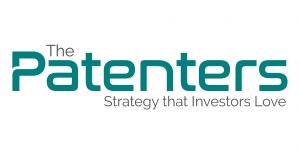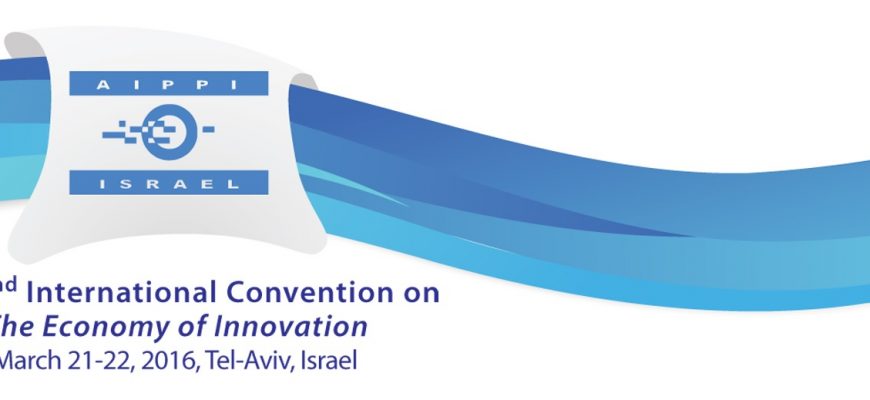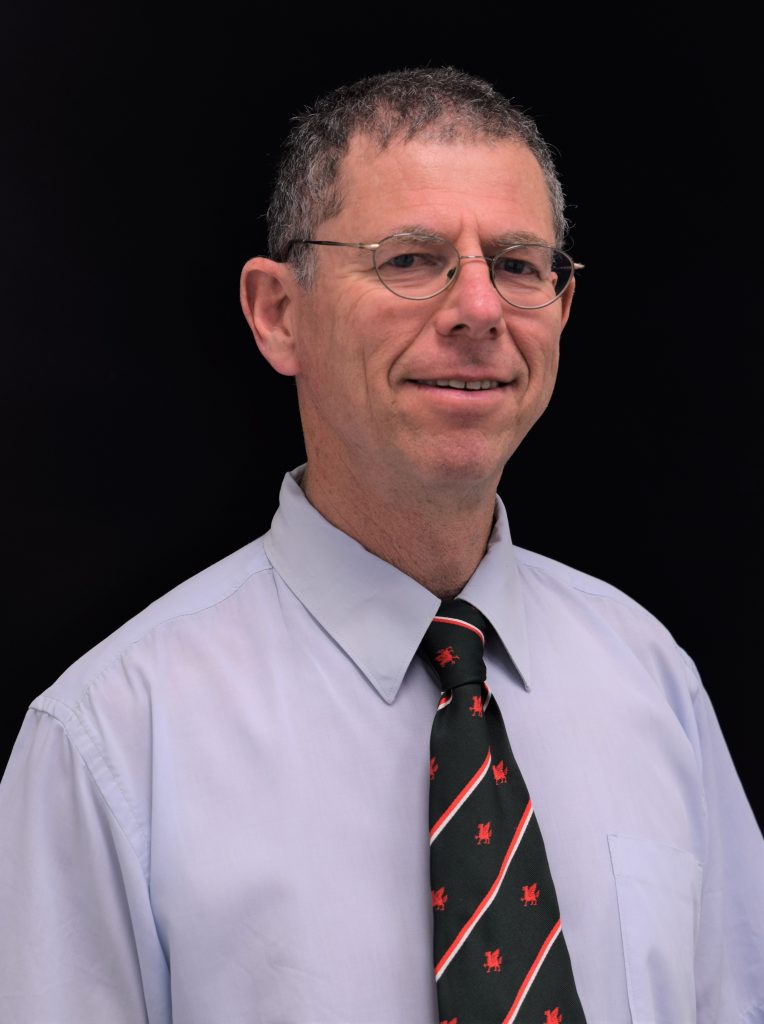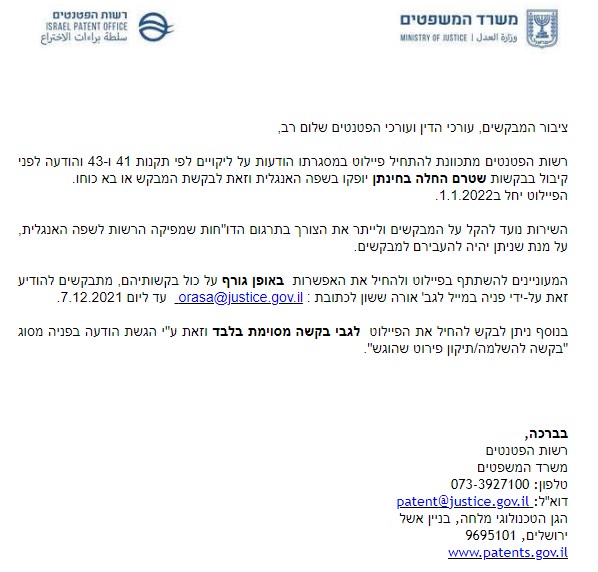Dorit Korine, an event organizer and an Israeli patent attorney, who organized the excellent first AIPPI convention in Israel two years ago, exceeded the expectations of whomever attended the first one. As in the first one, the second convention had a good mixture of sexy topics that were delivered, by and large, in a professional manner, i.e. with little in the way of self-selling and much in substance. In addition, networking was made available via the Whova application. Entrepreneurs and inventors were apparently offered an invitation only – unpublished program of workshops, which occurred in parallel with the sessions for IP practitioners. I presume the separation was shrewdly done to both provide them with content more relevant to them, and to protect them from us sharks.
Below are some impressions from two sessions we attended.
Changes in the European Patent System (UPC),
Moderator: Mr. Francois-Regis Hannart, Principal Director of European and International Cooperation, EPO
Speakers:
- Mr. Thierry Calame, Partner and Head of Intellectual Property Group, Lenz & Staehelin, AIPPI Switzerland
- Mr. Gerard Myon, Treasurer General, AIPPI
- Dr. Cornelis (Kees) Schüller, Group Head of Patents, Intellectual Property Department, Nestec SA, Vevey, Switzerland
Applicants can apply for a unitary patent starting on the date of entry into force of the Agreement on a Unified Patent Court. The agreement to install a European patent court is currently being ratified by EU member states.
The details of the procedures such as requesting and validating a unitary patent, renewal fees were hammered out at the 18th meeting of a committee of the Administrative Council of the European Patent Organisation (EPO) on 15 December 2015.
Francois-Regis presented a general review of some advantages of the European unitary patent over the current regime of European patents granted by the EPO: No need for validation; reduced expenses for translation; no need for a separate license for each country, and a renewal fee equivalent to the current fees in four leading countries in Europe.
Thiery explained about the bifurcation gap during infringement proceedings, according to which an injunction can be in effect until validity is determined, similar to the situation in Germany, Austria and China.
Unlike the present court system in UK, where experts may be examined over several days, thus skyrocketing the litigation costs, the cross-examination under the unitary patent is touted as typically lasting a single day.
Delay in seeking relief may be cut to a very short period, perhaps as little as one month after discovery of infringement.
While the unitary patent seems to offer many advantages of slashing costs and red tape, I’m not so sure the UPC is such good news for most of the attendants of the conference since the UPC overall seems to favour very large entities. With a period of one month after grant to opt into the unitary effect, an opposition period of 8 months remains after opting in. I would imagine that allowing the opting in to extend to after the opposition period is over would make the unitary patent so much more of an attractive option.
Commercialization of Know-How and IP Rights (TTOS)
Moderator: Mr. Yaacov Michlin, CEO and president of Yissum
Panel:
- Dr. Yona Geffen, CEO, Avraham Pharmaceuticals Ltd.
- Prof. Oded Shoseyov, the Hebrew University of Jerusalem
- Adv. Suzanne Erez, IBM Israel IP counsel
- Adv. Amir Naiberg, CEO of Yeda R&D, Technology Transfer of the Weizmann Institute of Science
Commercialization of know-how is a field in which many IP practitioners profess to have at least some expertise, and yet it seems that as a rule when inventors look for funding it is hard to predict which doors will be shut or opened.
Amir’s position was that Yeda generally shies away from joint ownership of IP because such ownership is very limiting in respect of profitability and licensing.
Suzanne seemed to be much more laissez faire, perhaps because IBM doesn’t invest so much, on average, into every invention as Yeda does. However, Oded commented that the amount of corroboration between IBM and Israeli academia is minimal. IBM may have scouts (Suzanne), but the facts speak for themselves.
Yissum seems to be currently taking a middle road. According to Yaacov, Yissum is open to collaboration with other bodies as long as there is a Hebrew University researcher involved as both a point of contact for Yissum and a consultant for the external body. This includes entry into incubators with government backing. However, the prosecution of the IP would have to be managed by Yissum.
The approach as presented by Yaacov may seem to be a significant change from the past; According to Bob Trachtenberg, General Counsel of Yissum, in a session I attended a few years ago, Yissum will not corroborate with start-ups. That seemed to me to be a bit too cut-and-dry. As Yona pointed out, independent feasibility studies could be done before licensing. Yet a member of the audience interjected at the end of the discussion that his approaches to corroborate with Yissum were spurned, which contrasts with the fate of Yona’s Avraham Pharmaceuticals, which is a privately held pharmaceutical company developing novel products for treatment and prevention of neurodegenerative disorders, has Ladostigil exclusively in-licensed from the Hebrew University and the Technion, which are also key shareholders in the company. It would seem from the panel’s response to the audience that the openness to corroboration was facilitated by the academic connections of Yona and others in the company as well as the source of the knowledge stemming from the academia.
In retrospective, regarding that precise point, Oded presented an interesting view earlier in the discussion, that the bodies corroborating with the universities’ TT offices have just as much to lose as the universities, since the bodies have to rely upon somewhat suspect data: Controls have to be much better than typical in academia and young researchers are often over-optimistic in their interpretations.






